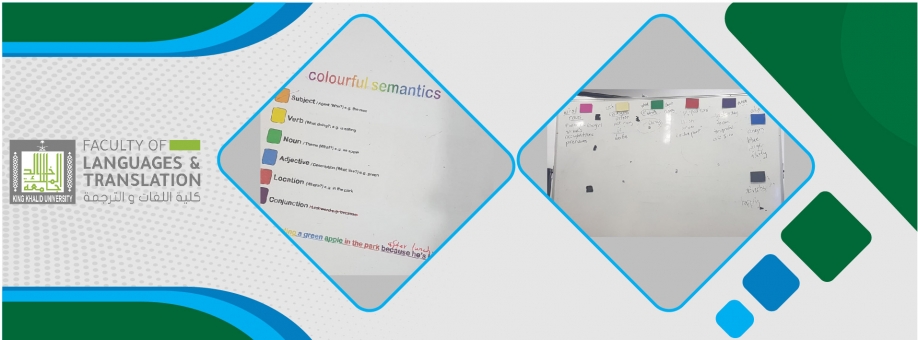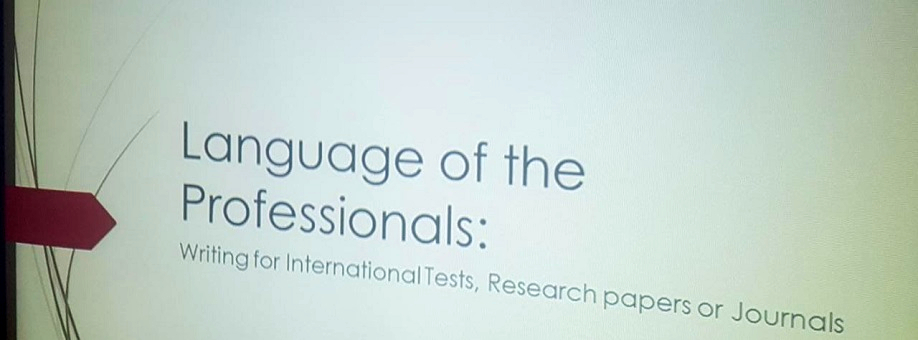EndNote Workshop
The Women's Scientific Research Committee of the Bachelor of Arts in English program organized an 'EndNote Workshop' on Wednesday, November 27, 2019. Ms. Jalila Alghamdi tailored the workshop and its objectives to both faculty members and graduate students. Ms. Alghamdi started her discussion by defining EndNote, saying that it is "software for managing bibliographies and references." Ms. Alghamdi explained that "EndNote management software does not only free a researcher from the tedious work of manually collecting and formatting research materials and curating bibliographies, but also gives a researcher greater ease and control in managing references in research groups through providing coordination for the researchers' who are sharing a research paper."
Ms. Alghamdi explained that "EndNote is a tool that allows researchers to organize and keep track of their references." She highlighted the steps for easily inserting references into research documents as in-text citations, or a bibliography in any of a large number of citation styles (i.e. APA, MLA, etc).
The workshop was an orientation to the software's latest X9 version. Ms. Alghamdi provided screenshots of different processes that could be accomplished using EndNote X9. Some of these tasks are inserting references manually into EndNote, inserting author names according to the rules of EndNote, sorting and arrange references in easily searchable groups, activating the EndNote toolbar in Word, and changing the citation style of a research document with a few clicks.
During the interactive Q&A session, Ms. Alghamdi noted that this session will be followed by another practical session in cooperation with the Scientific Research Committee. For the practical session, attendees will need to download EndNote on their laptops to be able to work on the software following her guidance.
Of noteworthy mention, the workshop was attended by faculty members from the College of Science who showed their appreciation to the invitation sent by the Women's Scientific Research Committee to all university faculty members. The workshop was a big success and really made a difference by familiarizing researchers with the use and manipulation of such a significant tool for writing scientific research papers.
Date: 12/3/2019
Source: Dr. Amal Metwally, Scientific Research Committee


